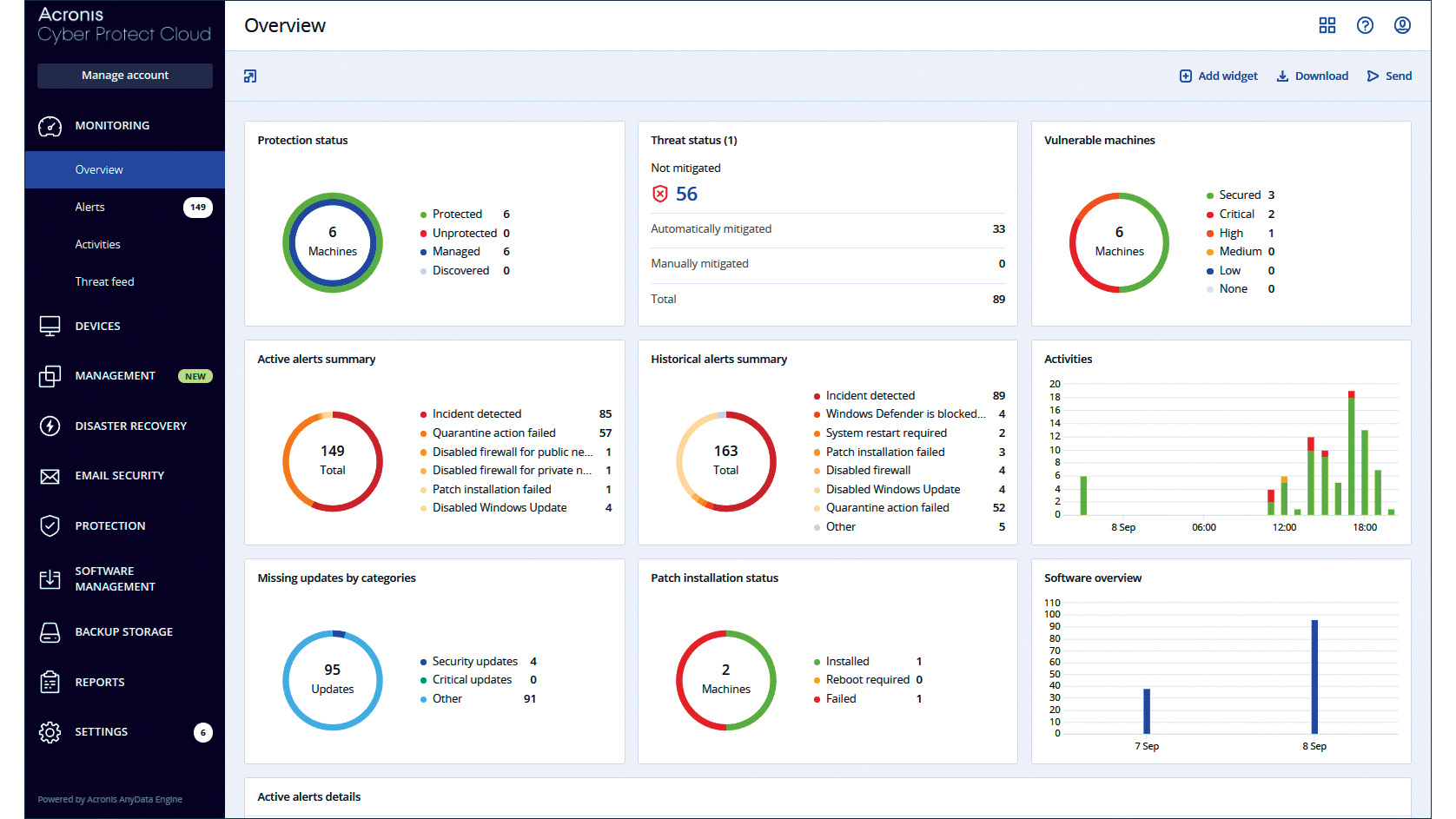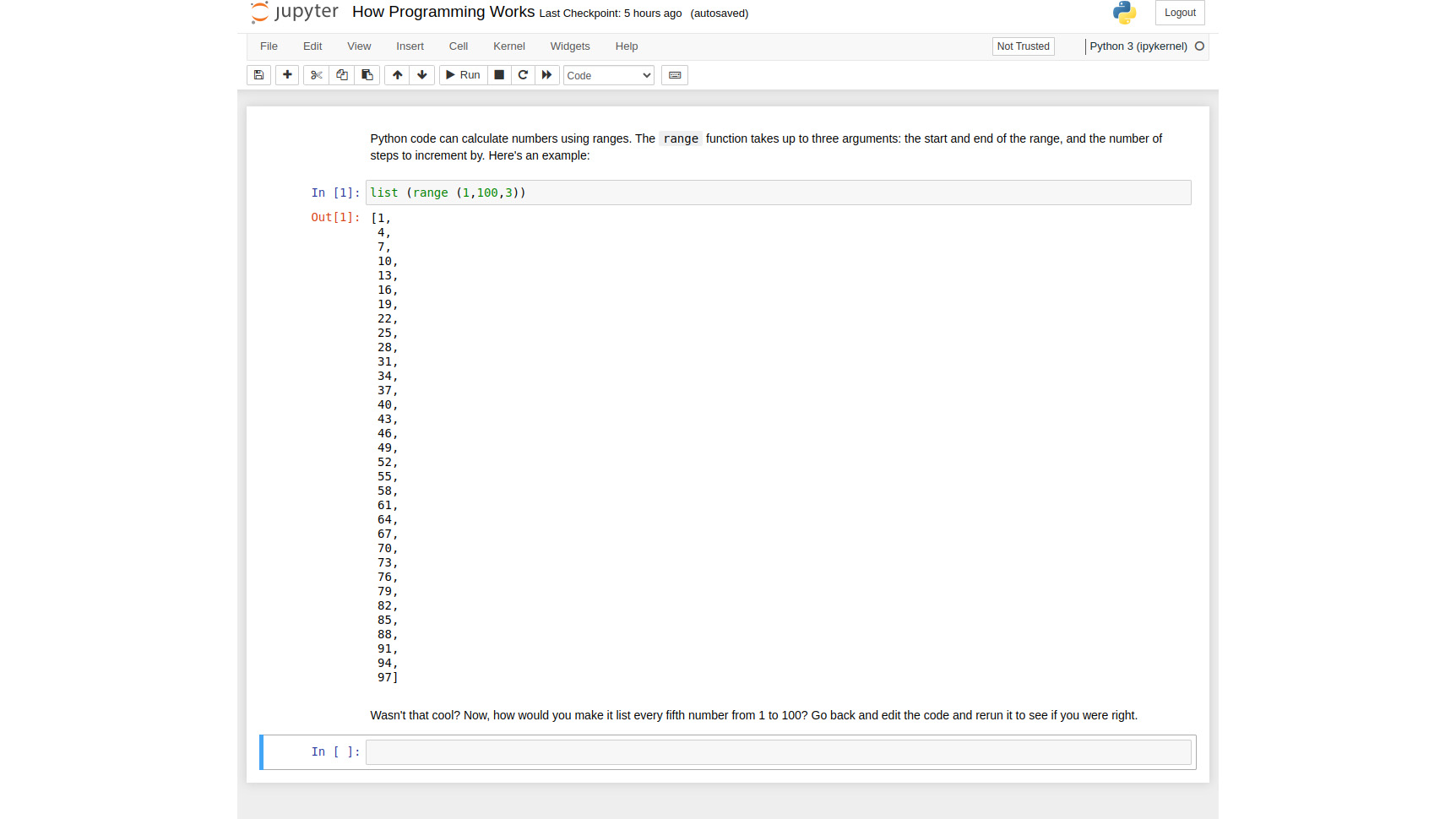Report: UK lags behind US in auditing code for security flaws
The CTO of open source software firm SUSE suggested the US’ DevOps maturity can be attributed to the difference in aptitude


The US is leading the tech industry in auditing codebases for security issues, with the UK reportedly lagging well behind.
Germany was also identified as one of the nations that was underperforming when it comes to code auditing, despite significant cyber security challenges across the industry.
The findings came from open source software firm SUSE’s latest report, showing a disparity in the way in which the nations see code auditing as an operational priority.
According to the report, nearly half (45%) of respondents in the US regard code audits as a priority, and invest accordingly, while only 23% and 26% of respondents in Germany and the UK respectively adopt the same attitude.
RELATED RESOURCE

SUSE’s global CTO Brent Schroeder said he believes that the US’ potentially more mature DevOps environments could be an influential factor.
“The US being ahead is probably more about the maturity of the US with DevOps and DevSecOps,” Schroeder told ITPro.
Citing his experience with meeting customers, Schroeder said the importance of bringing the integration of security and security practices into the developer pipeline and notes that “companies, at least in the US, are really starting to embrace and recognize that”.
Get the ITPro daily newsletter
Sign up today and you will receive a free copy of our Future Focus 2025 report - the leading guidance on AI, cybersecurity and other IT challenges as per 700+ senior executives
“If they don’t bring security into the process, they encounter one of two things: One is the speed and agility with which code is delivered is significantly diminished because near the end of the process they have to do checks for security.
“They do everything they can to do the integration as quickly as possible but then releasing new applications, major new features into a production environment, they’ve got to pause to check with the security team: does this pass all the audits and the requirements?
“Or else you deliver vulnerabilities at scale.”
Who cares about source code audits?
Being aware of what is in one’s software supply chain is critical. Recent security incidents have demonstrated the importance of detecting, remediating, and monitoring vulnerabilities in applications.
Across the US, Germany, and the UK, an average of 33% of respondents to the survey believed that goals on source code audits would be revised upwards, rising to 46% if one only considers software and network engineers, technical architects, and developers.
95% also intended to review their software supply chain to increase security. This included 51% that had already done so, increasing to 68% of US-based respondents but going down to only 40% of those that are Europe-based.
Why are the UK and Germany lagging?
The difference in approach could potentially be attributed to governmental and regulatory approaches.
In the US, the M-22-18 memorandum set a deadline for compliance with the National Institute of Standards and Technology (NIST) Secure Software Development Framework (SSDF), SP 800-218, and the NIST Software Supply Chain Guidance.
The M-22-18 memorandum, dated 14 September 2022, set clear dates for US government agencies to adopt the requirements.
Ninety days were given for a software inventory, 120 days for a vendor communication process, and 270 days for attestation letters not posted publicly by software providers for “critical software”.
US companies keen to do business with government agencies must therefore ensure they comply with the NIST requirements, aimed at addressing software security and secure development practices.
The EU’s Network and Information Security (NIS) directive was the first piece of EU-wide legislation on cyber security but, as a briefing on NIS2 in February 2023 noted, implementation proved difficult and resulted in fragmentation across member states.
NIS2 entered into force on 16 January 2023 and is set to be implemented in each member states’ national law by 17 October 2024.

Richard Speed is an expert in databases, DevOps and IT regulations and governance. He was previously a Staff Writer for ITPro, CloudPro and ChannelPro, before going freelance. He first joined Future in 2023 having worked as a reporter for The Register. He has also attended numerous domestic and international events, including Microsoft's Build and Ignite conferences and both US and EU KubeCons.
Prior to joining The Register, he spent a number of years working in IT in the pharmaceutical and financial sectors.
-
 Should AI PCs be part of your next hardware refresh?
Should AI PCs be part of your next hardware refresh?AI PCs are fast becoming a business staple and a surefire way to future-proof your business
By Bobby Hellard
-
 Westcon-Comstor and Vectra AI launch brace of new channel initiatives
Westcon-Comstor and Vectra AI launch brace of new channel initiativesNews Westcon-Comstor and Vectra AI have announced the launch of two new channel growth initiatives focused on the managed security service provider (MSSP) space and AWS Marketplace.
By Daniel Todd
-
 AWS expands language support for Amazon Q Developer
AWS expands language support for Amazon Q DeveloperNews AWS has expanded support for languages in Amazon Q Developer, making it easier for developers to code in their first language.
By Nicole Kobie
-
 AI was a harbinger of doom for low-code solutions, but peaceful coexistence is possible – developers still love the time savings and simplicity despite the allure of popular AI coding tools
AI was a harbinger of doom for low-code solutions, but peaceful coexistence is possible – developers still love the time savings and simplicity despite the allure of popular AI coding toolsNews The impact of AI coding tools on the low-code market hasn't been quite as disastrous as predicted
By Ross Kelly
-
 ‘We’re trading deep understanding for quick fixes’: Junior software developers lack coding skills because of an overreliance on AI tools – and it could spell trouble for the future of development
‘We’re trading deep understanding for quick fixes’: Junior software developers lack coding skills because of an overreliance on AI tools – and it could spell trouble for the future of developmentNews Junior software developers may lack coding skills because of an overreliance on AI tools, industry experts suggest.
By George Fitzmaurice
-
 GitHub's new 'Agent Mode' feature lets AI take the reins for developers
GitHub's new 'Agent Mode' feature lets AI take the reins for developersNews GitHub has unveiled the launch of 'Agent Mode' - a new agentic AI feature aimed at automating developer activities.
By Ross Kelly
-
 Shadow AI is creeping its way into software development – more than half of developers admit to using unauthorized AI tools at work, and it’s putting companies at risk
Shadow AI is creeping its way into software development – more than half of developers admit to using unauthorized AI tools at work, and it’s putting companies at riskNews Enterprises need to create smart AI usage policies that balance the benefits and risks
By Solomon Klappholz
-
 Python just brushed past JavaScript to become the most popular programming language on GitHub – and a key factor is that AI developers love it
Python just brushed past JavaScript to become the most popular programming language on GitHub – and a key factor is that AI developers love itNews The meteoric rise of Python shows no sign of stopping
By Nicole Kobie
-
 Acronis Cyber Protect Cloud review: Slick automated threat remediation
Acronis Cyber Protect Cloud review: Slick automated threat remediationReviews A single cloud service that neatly combines malware protection with backup and recovery features
By Dave Mitchell
-
 JupyterLab review: A powerful tool for documenting your data science journey
JupyterLab review: A powerful tool for documenting your data science journeyReviews Literate programming toolkit takes dynamic code documents to new heights
By Danny Bradbury